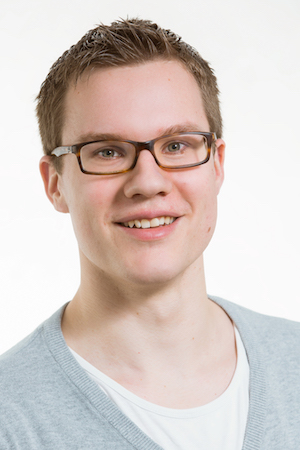Connect with...
Stefan Hugtenburg
EEMCS Lecturer | Education Fellow | Teaching Academy Panel Member | Education Day 2022 Speaker | Meet & Eat Speaker
Reach out to me if you are also interested in, or have ideas about, teaching students about the art of studying.
Making the meta-curriculum tangible
The goal of this project is to engage students with meta-cognitive skills, to teach them about effective study methods, but also train them in the skill of reflecting on their own study methods. Students often undervalue developing these skills as the skills we (seem to) asses them on are typically linked to the course contents, rather than the meta-cognitive processes with which these “core course” skills are acquired.
I would love to develop activities that allow students to train the skills of this meta-curriculum and increase awareness among lecturers to help students train their meta-skills. These activities will be embedded in the BSc of CSE, and together with the academic counselors be supported by a rich assortment of resources for students to learn more about (and practice with!) applying such techniques.
On a personal level, I hope to learn a bit more about why/how such study techniques can work and how to most effectively teach them to students.
Project Description
Practice material is often organised linearly (by topic, or chronologically). This simplification does not reflect the complex dependencies between topics. By making these dependencies explicit, we offer students an organisation of their practice material that shows them what prerequisite knowledge we expect, and where this knowledge will be needed again in the future. Both within a course, but also between them. This way we make explicit how different parts of our field are related, whilst helping students transfer skills beyond the current courses.
In this fellowship I plan to further develop the platform we currently use for these so-called skill circuits (available at skills.ewi.tudelft.nl), as well as design workshops to encourage my colleagues (that’s you!) to explore to what extent skill circuits as a design work for their courses.
